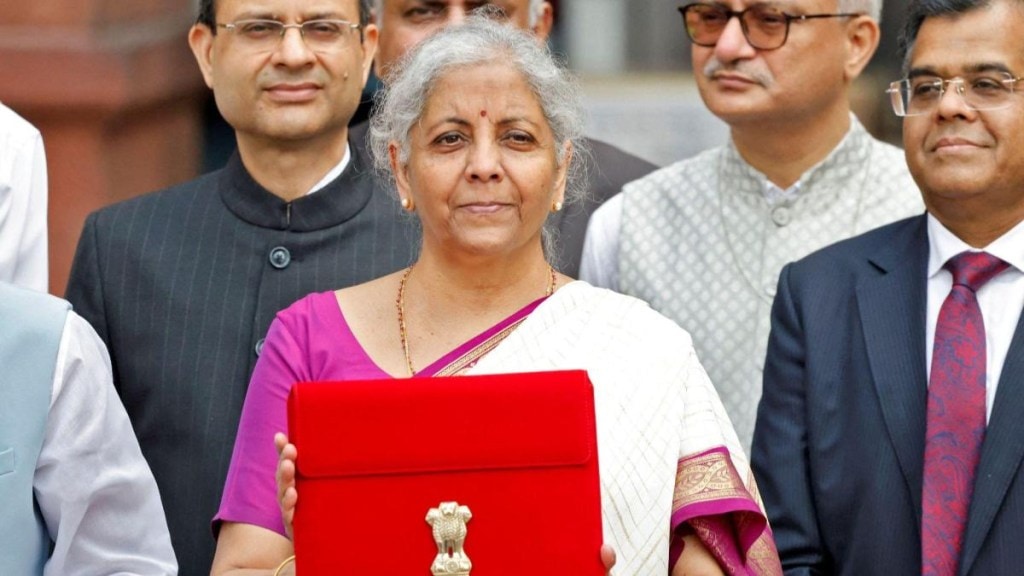In line with industry expectations, Budget 2024 has paved the way for adoption of energy storage solutions while promoting nuclear energy. Finance minister Nirmala Sitharaman announced the removal of import duties on 25 critical minerals and reduced the basic customs duty on two of these. This will provide a major fillip to processing and refining of such minerals and help secure their availability for sectors like nuclear energy, renewable energy, space, defence and telecommunications, she said.
However, in view of sufficient domestic manufacturing capacity, the Budget has imposed a customs duty of 10% on solar glass and 5% on tinned copper interconnect to make cells or modules with effect from October 1.
The move to exempt import duties on critical minerals comes amid the government’s efforts to boost energy storage capacity to mitigate intermittency issues in scaling up the renewable energy. Under solar power (grid), the government has increased its allocation to `10,000 crore in the current fiscal, against `4,757 crore in FY24.
Additionally, the government will introduce a policy to promote pumped storage projects for electricity storage and to facilitate smooth integration of the growing share of RE in the overall energy mix.
“The measures to promote the availability of critical minerals are expected to support the development of battery energy storage projects and reduce the cost of storage in the long run,” said Girishkumar Kadam, senior vice-president & group head, corporate ratings, ICRA. “The development of pumped storage projects is expected to facilitate the integration of renewables with the grid.”
The government has allocated `2,228 crore for nuclear power projects as per its Budget estimates for FY25, against the revised estimates of `1,791 crore in FY24. The government will partner with the private sector for setting up Bharat Small Reactors and in the research & development of Bharat Small Modular Reactor and new technologies for nuclear energy. “The R&D funding announced in the Interim Budget will be made available for this sector,” Sitharaman said.
The government will also set up a Critical Mineral Mission for domestic production, recycling of critical minerals and overseas acquisition of critical mineral assets. Its mandate will include technology development, skilled workforce, extended producer responsibility framework and a suitable financing mechanism.
“Indigenising and overseas acquisition of mining and building domestic capabilities to process and recycle will secure the supply chain for the domestic manufacturing ecosystem,” said Rishabh Jain, senior programme lead, Council on Energy, Environment and Water. The government will also provide fiscal support to the joint venture by NTPC and BHEL that will set up a 800 MW commercial thermal power plant using the Advanced Ultra Super Critical technology.
“Offsetting the incremental cost of advanced metallurgy required for AUSC thermal power plants through budgetary support will help bridge the cost difference between AUSC and traditional super-critical or advanced super-critical plants,” said Anujesh Dwivedi, Partner, Deloitte India. “Transitioning to AUSC for the proposed new thermal generating stations will be beneficial in reducing their carbon footprint by about 10%.”
The government will formulate a roadmap for moving the ‘hard to abate’ industries from ‘energy efficiency’ targets to ‘emission targets’. It will also provide financial support to traditional micro and small industries for shifting them to cleaner forms of energy and implementation of energy efficiency measures.
Sitharaman noted that PM Surya Ghar Muft Bijli Yojana announced in the Interim Budget has been launched and has received over 1.28 crore registrations and 14 lakh applications. The government has allocated Rs 6,250 crore for the scheme in FY25.

